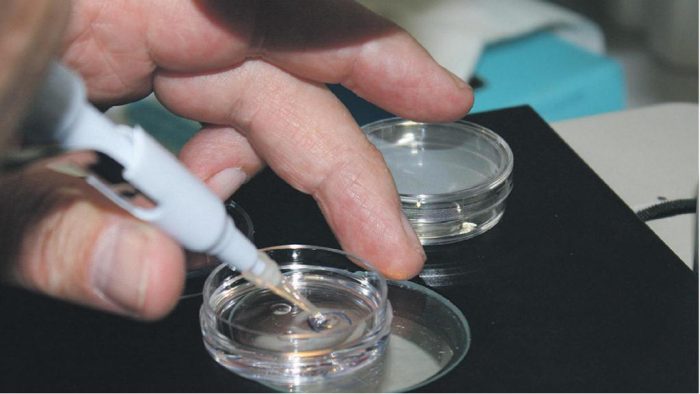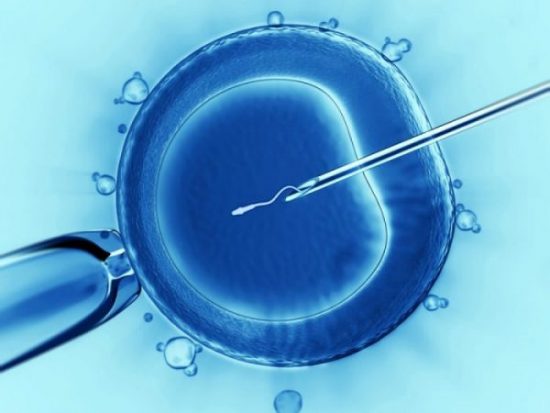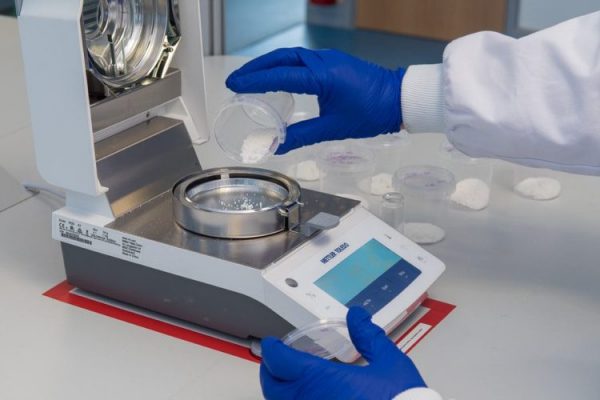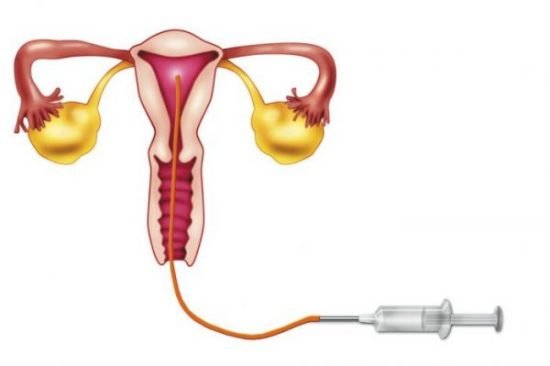ABOUT IN VITRO FERTILIZATION (IVF)
In vitro fertilization (IVF) is the process in which a woman’s ovum (eggs) are fertilized outside of the body before being placed into the uterus, in order to increase the chances of having a successful pregnancy. IVF is used for patients who have had difficulty conceiving a child naturally. Infertility problems can be a caused by endometriosis, low sperm count, problems with ovulation, or problems with the fallopian tubes or uterus.
The process begins with hormone injections to stimulate the production of multiple eggs, instead of the usual one per month. The eggs mature, and are then removed from the woman’s ovary in a process called egg retrieval. This is often performed under sedation with a needle, and can cause some discomfort afterwards.
Doctors will usually retrieve between 5 and 30 eggs. Sometimes an egg donor may provide the eggs for IVF. The sperm used for fertilization can be from a partner or from a sperm donor. The eggs are fertilized outside of the body, and then carefully selected embryos are placed into the uterus.
Recommended for
In vitro fertilization (IVF) is recommended in cases where there are difficulties conceiving naturally. This can be due to problems with male fertility (decreased sperm count or low motility), or problems with female fertility, for example damaged or blocked fallopian tubes or ovulation disorders.
IVF is recommended as an option when there is reasonable chance of success. Candidates should have a healthy weight and a healthy uterus. The chances of success reduce with age, but the oldest woman to successfully have a baby with IVF was 66 years old.
TIME REQUIREMENTS
- Average length of stay abroad: 2 – 3 weeks.
The time needed abroad will depend on the treatment plan, and whether any of the stages of IVF can be done at home. Patients may also begin treatment and then return home or go travelling for several days. Patients are able to fly as soon as the embryo or embryos have been transferred.
- Number of trips abroad needed: 1.

COMPARE IN VITRO FERTILIZATION (IVF) PRICES AROUND THE WORLD
| Country | Cost |
|---|---|
| Thailand | 7709€ |
| Ireland | 7000€ |
| Mexico | 4027€ |
| Spain | 3600€ |
| Tunisia | 3000€ |
| Poland | 2200€ |
| India | 2058€ |
| Turkey | 2000€ |
HOW TO FIND QUALITY TREATMENT ABROAD
BEFORE IN VITRO FERTILIZATION (IVF) ABROAD
The IVF cycle begins with a drug to suppress the natural menstrual cycle. This can be administered by the patient, as a daily injection or a nasal spray, and lasts for around 2 weeks. After that, the woman begins using a follicle stimulating hormone (FSH) which is in the form of a daily injection. This hormone increases the number of eggs produced by the ovaries, and the clinic will monitor the progress. This stage usually lasts 10 to 12 days. Around 34 to 38 hours before the eggs are due to be collected, there will be a final hormone injection which stimulates the eggs to mature.
HOW IS IT PERFORMED
The eggs are collected from the ovaries using a needle with ultrasound guidance, usually while the patient is sedated. The woman is then given hormones to prepare the lining of the uterus for the embryo. The collected eggs are then fertilized in the laboratory and are usually allowed to mature for 1 to 5 days. Once matured, there are usually between 1 and 2 embryos that are chosen for implantation.

WHAT TO EXPECT AFTER IN VITRO FERTILIZATION (IVF)
Post procedure care
Patients will need to wait for around 9 to 12 days before pregnancy can be detected. If the test is done earlier than this, the results may not be accurate.
Possible discomfort
Possible hot flushes, mood swings, headaches, nausea, pelvic pain or bloating.
IMPORTANT THINGS TO KNOW ABOUT IN VITRO FERTILIZATION (IVF)
Success rates
It is difficult to give an exact success rate for IVF, as it depends on a number of factors, including the age of the patient and the underlying fertility issues. A recent report found that pregnancy was achieved, on average, in just under 30% of all IVF cycles, with live births in slightly less than 25% of all cycles. However this figure varies substantially – a woman under 35 years old who has IVF has about a 40% chance of having a baby, whereas a woman over 40 has an 11.5% chance.
Not recommended for
- Patients over 45 (success rates are significantly reduced over 40)
- Patients with congenital or developed uterine abnormalities which prevent the embryo from implanting
Potential risks
- Ovarian hyperstimulation syndrome
- Multiple births
- Ectopic pregnancy
- Miscarriage
FREQUENTLY ASKED QUESTIONS
The part of the procedure where patients may experience pain is the frequent hormone injections and blood draws. Most of the time these can be performed with small subcutaneous needles that minimize pain, and are injected in several different locations for comfort. Some patients may be prescribed progesterone injections, which must be injected in the muscle. They can usually be administered in the buttocks, which is often more comfortable. Some patients also experience discomfort during the trans-vaginal ultrasounds that are required to monitor the fallopian tubes. This discomfort is similar to a pap smear.
During the actual oocyte (egg) retrieval, the patient is under a “twilight” anesthesia, which makes them drowsy, and many patients sleep through the procedure. The affects of the anesthesia usually wear off around an hour afterwards.
The embryo transfer is also similar to a pap smear in that it involves a speculum insertion and a full bladder is necessary during the 5-10 minute procedure. However, no other discomfort is involved.
It is impossible to guarantee that any IVF procedure will be effective. Most patients require several cycles of IVF treatment before they are able to conceive. IVF is a very complex process that involves a number of variables that are difficult to predict. Your doctor can give you more details about your chances of conceiving with IVF during your consultation.
Some studies have shown a possible link between the use of medications which stimulate the ovaries to certain forms of ovarian cancer. However, these results are considered preliminary and were based on a very small population. More recent studies have refuted these results, but more research needs to be done. Most experts recommend that patients use these medications for the minimum amount of time possible. It is recommended that all IVF patients receive regular pelvic exams and report any abnormalities to their doctor immediately, no matter what medications are used. You should discuss any concerns about cancer risks with your doctor.
IVF carries a risk of multiple births if more than one embryo is implanted. The use of injectable fertility drugs also carries a risk of adverse reaction such as ovarian hyperstimulation syndrome. The rate of miscarriage also increases in older patients, as with natural pregnancies. The egg retrieval procedure also carries a risk of complication that can be reduced by selecting a highly-experienced doctor. There is also a slightly increased risk of birth defects in older patients.
Female patients over the age of 40 are considered poor candidates for IVF due to increased risks of complicated pregnancy. It is also recommended that morbidly obese patients lose weight to increase the chances of a healthy pregnancy, and patients who smoke should quit beforehand. Patients must be healthy enough to tolerate the different procedures involved. Some clinics require that patients try for a natural conception for a minimum length of time before starting IVF treatment, usually 12 months.














